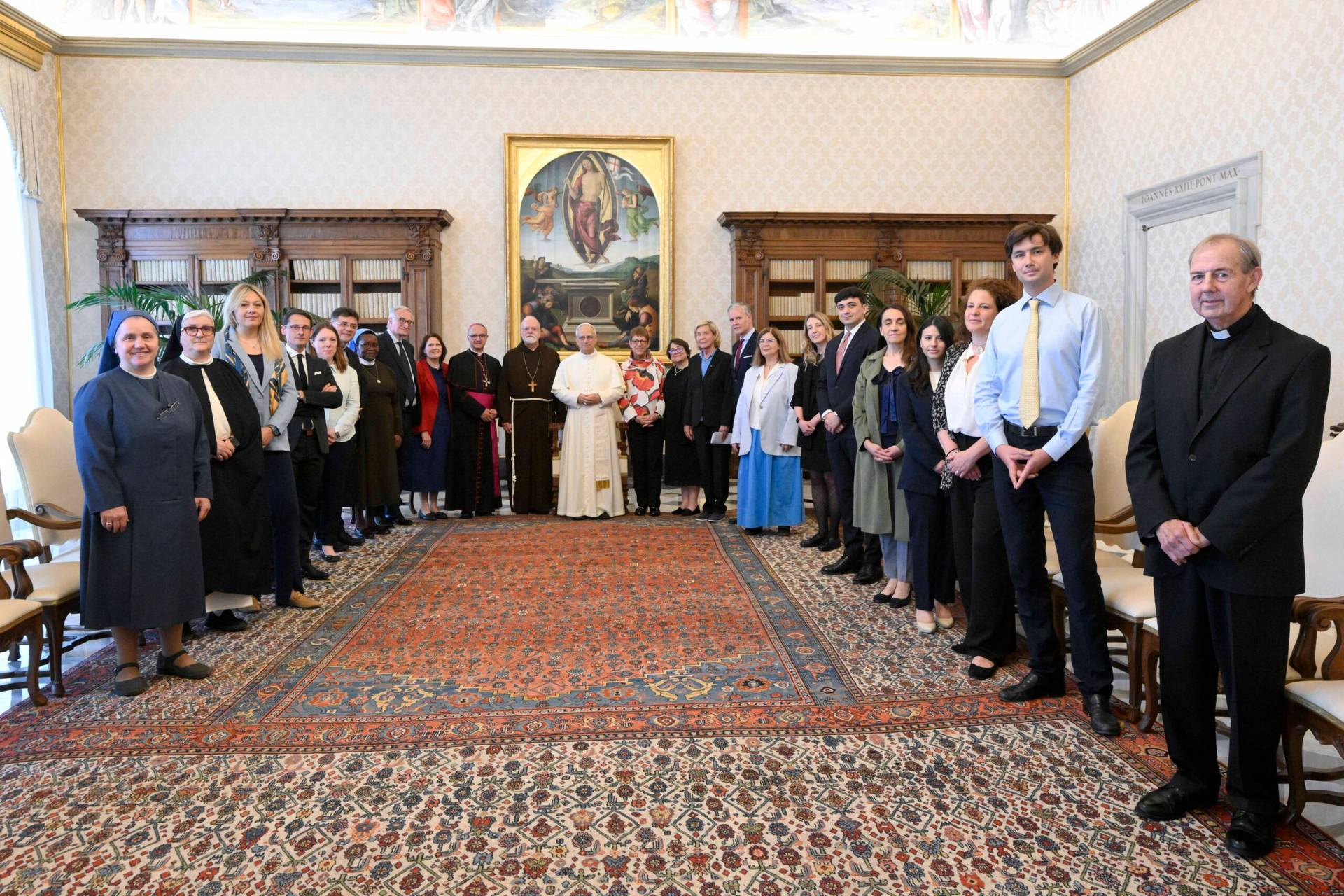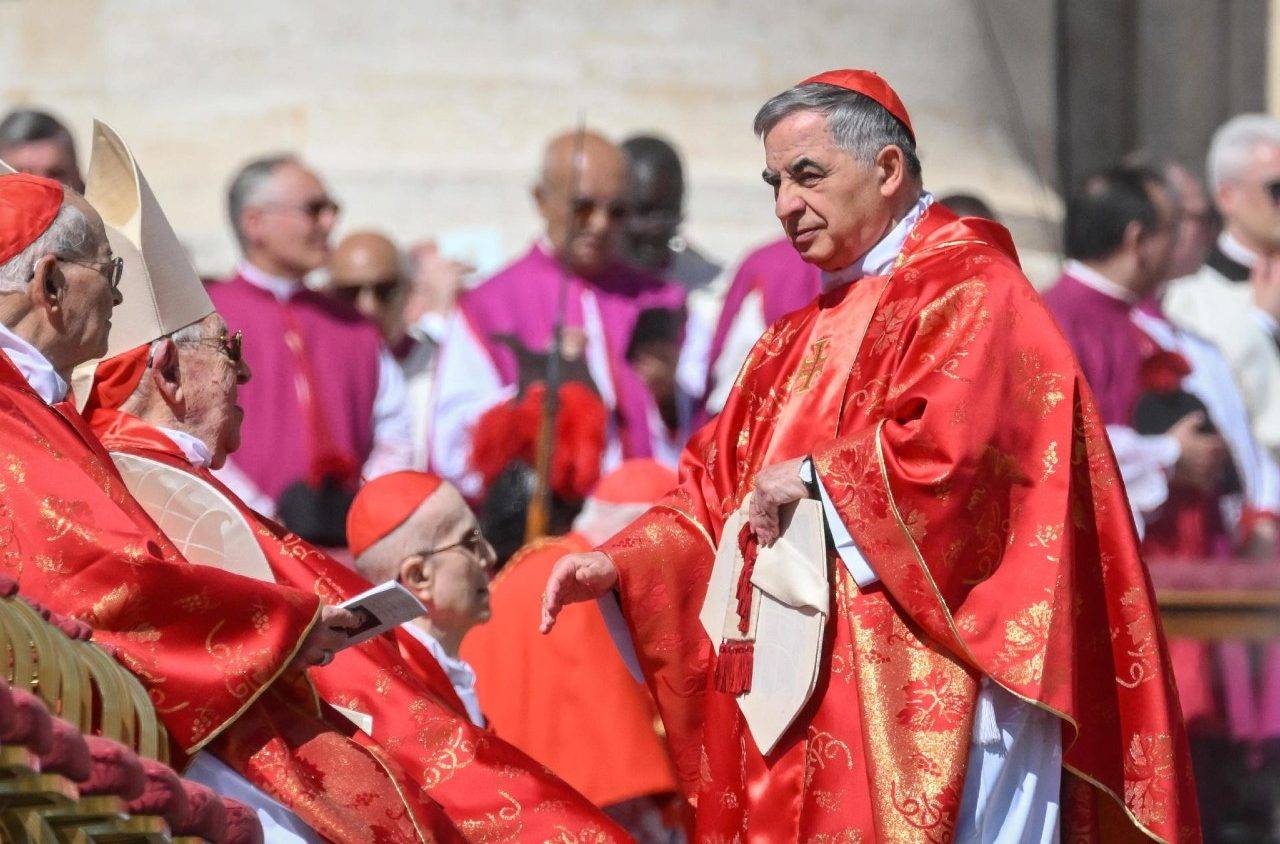ROME – Anybody who watches TV, or who reads potboiler novels on airplanes, knows that the historical counter-factual genre is always good fun. “What if the Nazis ruled America?” “What if the Roman empire had never fallen?” (That was a great episode of the original “Star Trek,” by the way.) “What if the South had won the Civil War?” and on and on.
For American Catholics who remember the great “Liturgy Wars” of the 1990s and 2000s, they may feel a bit like they’re in one of those counter-factual tales right now, in the wake of a series of amendments to Church law issued by Pope Francis on Saturday.
In effect, those changes assign considerably more control over the process of translating texts for use in Catholic worship to local bishops’ conferences, and away from the Vatican’s Congregation for Divine Worship and the Discipline of the Sacraments – reversing, in effect, a basic outcome of those battles over liturgy more than a decade ago. The revisions were expressed in a motu proprio, meaning a legal document issued under the pope’s personal authority, titled Magnum Principium, or “Great Principle.”
Symbolically, the motu proprio was taken as a towering expression of Francis’s determination to promote synodality and collegiality in Catholicism, in keeping with his reading of the legacy of the Second Vatican Council (162-65).
Now, the question for many who still carry the scars of those battles over liturgy is: How far will the counter-factual exercise go?
To put the question more directly, now that Francis has made clear that the ball is in the court of the bishops’ conferences, is it possible that a controversial new translation of the prayers for the Mass rolled out in the United States in late 2011, and adopted across most of the English-speaking world shortly afterwards, could be revised or abandoned altogether? (One signature touch of that translation was moving from the congregation saying, “And also with you,” when the priest says, “The Lord be with you,” to “And with your spirit.”)
Most experts on liturgy I surveyed this week seem to agree on a basic answer: “Possible? Sure. Likely? Not so much.”
“My sense of the American bishops right now is, they don’t have much appetite for reopening that fight,” said Timothy O’Malley, academic director of the Center for Liturgy at the University of Notre Dame.
Here’s the bottom line of another veteran observer of the liturgy, who preferred to speak on background because he doesn’t want to be drawn back into the polemics of that era: “There is virtually no chance that anything will happen in the United States.”
Moreover, as Father Juan Rego, a Spanish professor of liturgy at the Opus Dei-sponsored Santa Croce University in Rome observed, “this document above all looks to the future, not the past,” meaning that the revisions decreed by Francis on Saturday have more immediate implications for translations of the Mass in other languages that are still in process, as opposed to ones, such as English, that have already been completed and approved.
I’ll add that among several of the non-English speakers I consulted, my question about the implications of the pope’s moves for Americans was greeted by an audible rolling of the eyes and some deep breathing, followed by some variation of the following stock admonition: “You know, not everything the pope or the Vatican does is always directed at the United States.”
(As someone who’s been saying for twenty years that American Catholics are only six percent of the world’s Catholic population, I do get that, but hey, like politics, all journalism still is local, so give me a break for asking!)
Anyway, the basic consensus appears to be that at least in the United States, and in terms of the liturgical experiences of ordinary Mass-goers, not much is likely to change in the short term.
Beyond a basic disinterest in fighting old battles, there are two other oft-cited reasons for why that’s so: 1) Pastorally, do you really want to be tinkering with the language of the Mass every few years? 2) Financially, Mass books are expensive, the new ones have already been printed and distributed, and budgets would be severely impacted if we had to do that all over again.
So, if the motu proprio may not have many immediate consequences for Americans, where might it be felt?
Some experts believe that going forward, it may mean it’s less likely for the (somewhat unique, globally) post-Vatican II tradition in the English-speaking world of having a common translation spanning all the different countries to endure.
“It certainly wouldn’t surprise me,” Rego said, if the end result, down the line, were that different English-speaking countries adopt slightly different translations, noting that’s already the case in many other major languages. (In Latin America, for instance, there are seven different approved Spanish translations of the Mass.)
Further, both the French and the German bishops are currently working on their own revisions to the sacramentary, meaning the collection of prayers for the Mass, and in those cases the new freedom the conferences enjoy could be consequential in a hurry.
One liturgical expert floated this scenario: Suppose the German bishops decide that in their sacramentary, they prefer to go back to the older post-Vatican II version of the words of Christ cited in the Eucharistic prayers, that his blood was shed “for all,” rather than the formula “for many” decreed by Pope emeritus Benedict XVI?
Then, the Congregation for Divine Worship and the Discipline of the Sacraments would face a hard choice: Hold the line on the explicit finding of a previous pope, or not delay an entire translation over one contentious issue?
In other words, Americans may have to accept that, for now, the real action in terms of the cash value of a papal move isn’t unfolding on our shores.
That may be frustrating for members of the American Catholic chattering classes, but for many bishops, clergy, liturgists, and others of a certain generation, who remember vividly what it was like when America was indeed ground zero for the liturgy wars, it may also feel like welcome relief.


















